Impact of new tax rates
On the afternoon of August 1, 2025, the Ministry of Industry and Trade announced that the US will reduce the reciprocal tax rate on Vietnamese goods from 46% to 20%. The US tax rate of 20% is considered by businesses to be "temporarily acceptable", and they hope for tax rate stability because this is a key factor to maintain operations.
Although it is "easier" than the initial proposed tax rate of 46%, the 20% reciprocal tax rate for Vietnamese goods entering the US is currently higher than the 19% rate applied to some countries in the ASEAN region such as Indonesia, Malaysia, the Philippines, Thailand and Cambodia. These countries are currently competitors with Vietnam in exporting key products such as electronics, textiles, footwear, wooden furniture, seafood, etc.
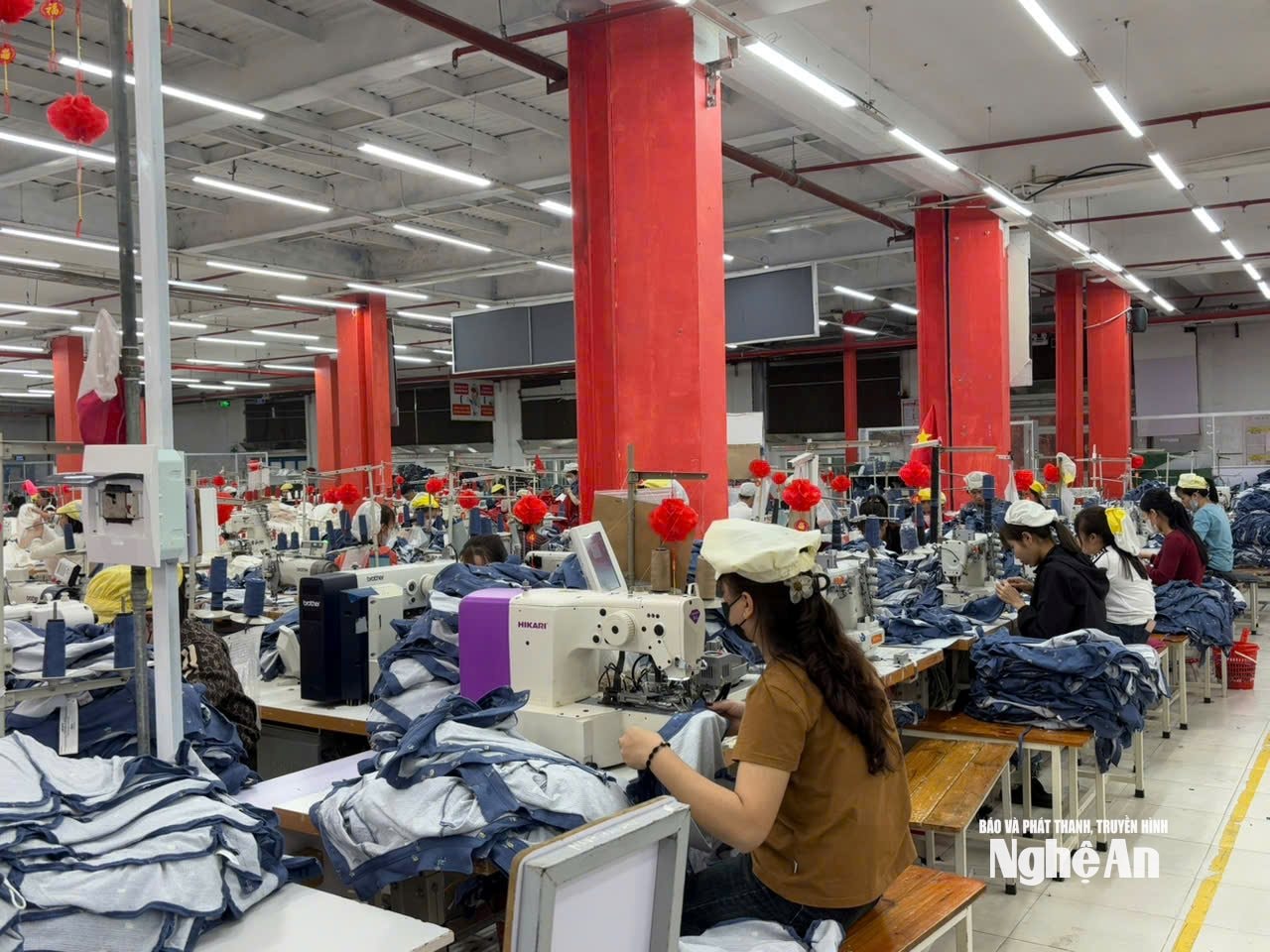
Mr. Nguyen Van Hiep - Head of Trade Management Department, Department of Industry and Trade said: The US reciprocal tax rate for Vietnam is higher, leading to the possibility of reducing the competitiveness of exported goods, the risk of partners canceling or lacking orders, causing difficulties for production and ensuring jobs for many businesses.
For the textile industry, it is likely that in the near future, the demand for textiles in the US market will decrease due to rising prices. Although there is no specific tariff schedule applied to each textile product line, initially this industry does not have an advantage with the new announcement. Accordingly, with a reciprocal tax rate of 20%, Vietnam's textiles will be higher than Türkiye (15%), Cambodia and Indonesia (both at 19%) and equal to its direct competitor Bangladesh (20%) and lower than India (25%).
In particular, some African countries enjoy reciprocal tax rates of only 10% - 15%, which is much lower than Vietnam. Therefore, the possibility of partners shifting some orders from countries with higher taxes is possible, increasing the risk for Vietnamese textiles.
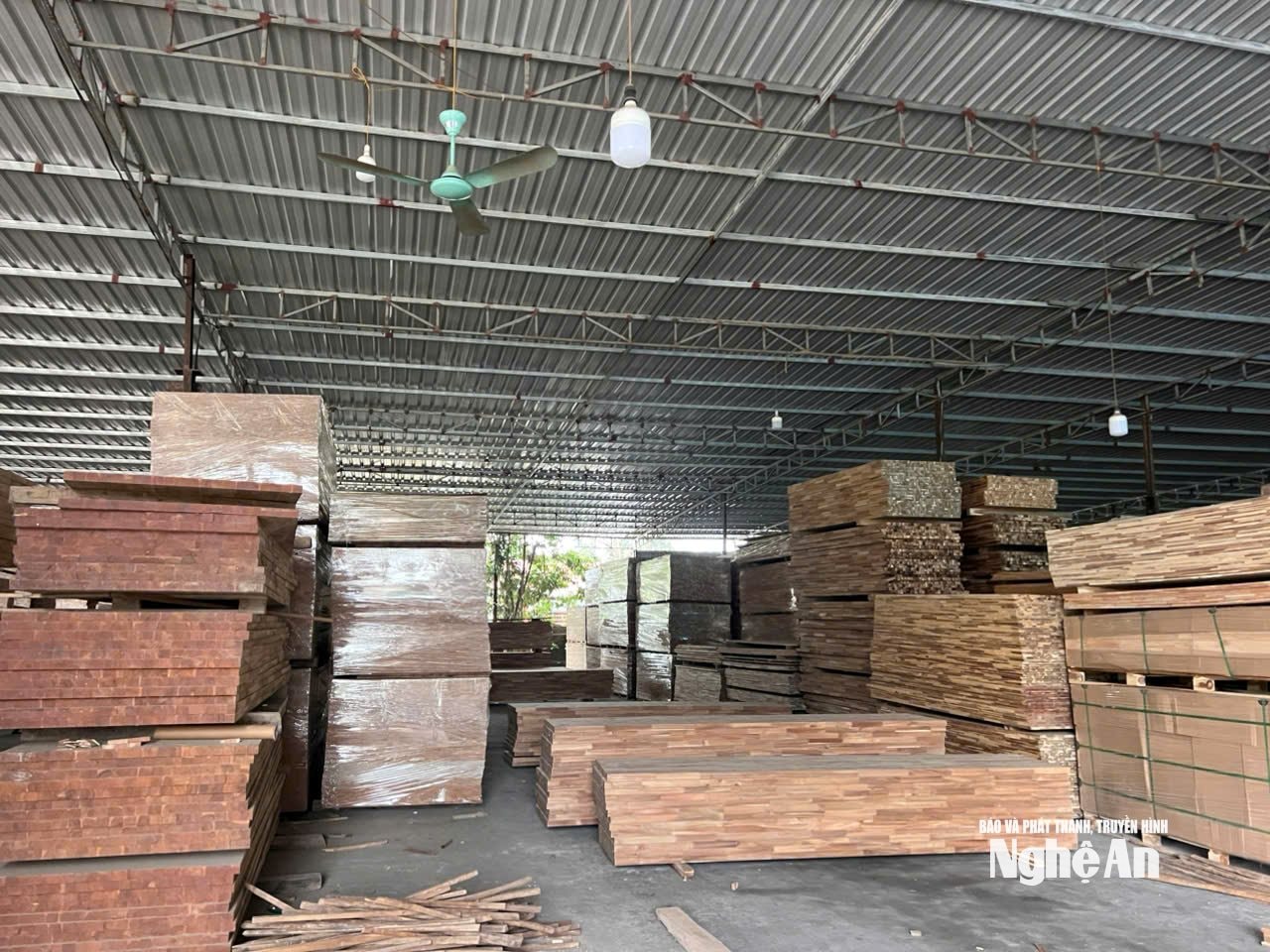
The wood industry is also not immune to the impact. Mr. Ho Duc Dan - Deputy General Director of Song Hieu Forestry and Agriculture Company Limited said: "In recent years, the company has invested 27 billion VND to upgrade and innovate the technology of the steam drying system to replace the heat drying oven, replacing the manual wood-laminated line with semi-automatic to create quality products that meet export standards. Every year, the company produces and consumes 2,700m3 of laminated wood, of which about 60% goes to the US market. For a long time, the tax rate was at 5-10% depending on the product, the wood industry still survived, but now it has increased to 20%, causing orders to decrease, estimated to decrease by half.
Regarding rice, Mr. Nguyen Quoc Hung - Assistant General Director of Vilaconic Joint Stock Company said: The US tax on Vietnamese goods is equivalent to that of the top rice exporting countries in the world (India 25%; Thailand, Cambodia 19%). So it can be said that rice alone is not affected. However, the policy that is affecting is the imposition of 5% VAT on agricultural products effective from July 1, 2025 (new VAT policy according to Decree 181/2025/ND-CP).
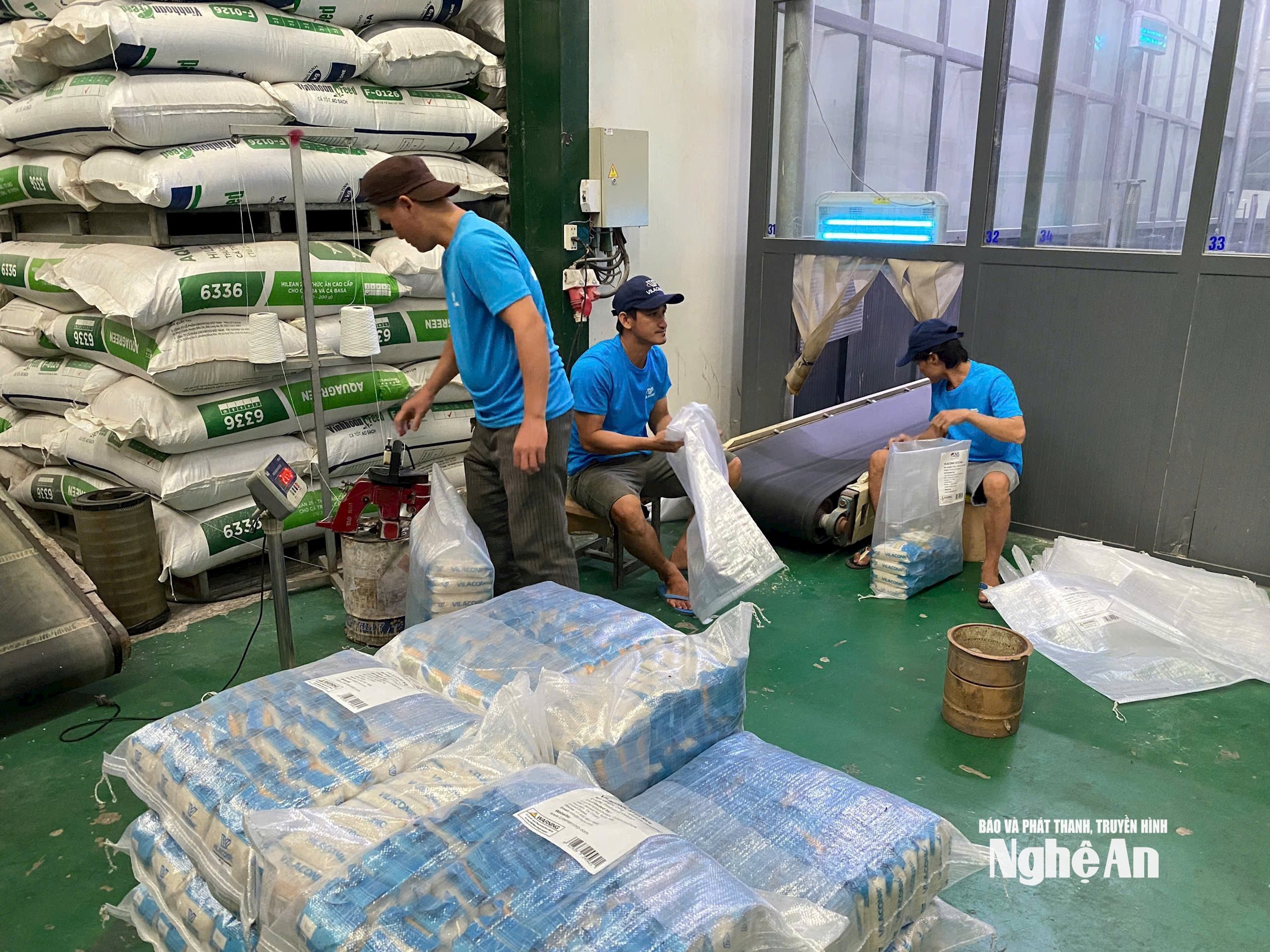
Mr. Hung explained: The exporter pays an additional 5% VAT to the supplier in advance, the supplier must fulfill its tax obligations before the exporter can get a tax refund; leading to the exporter having its capital locked up, or even facing the risk of not getting a tax refund when the supplier fails to fulfill its obligations or stops operating.
Turn pressure into motivation
Immediately after the US announced the adjustment of the reciprocal tax rate, the export business community in Nghe An was concerned and rebuilt their business plans to cope with the new situation.
Mr. Ho Duc Dan - Deputy General Director of Song Hieu Forestry and Agriculture Company Limited shared: "When the import tax is high, the shopping demand of Americans will decrease; therefore, the Vietnam Timber and Forest Products Association will continue to negotiate to further reduce the tax. In the immediate future, to maintain production, businesses will increase market search, continue to calculate to reduce costs...".
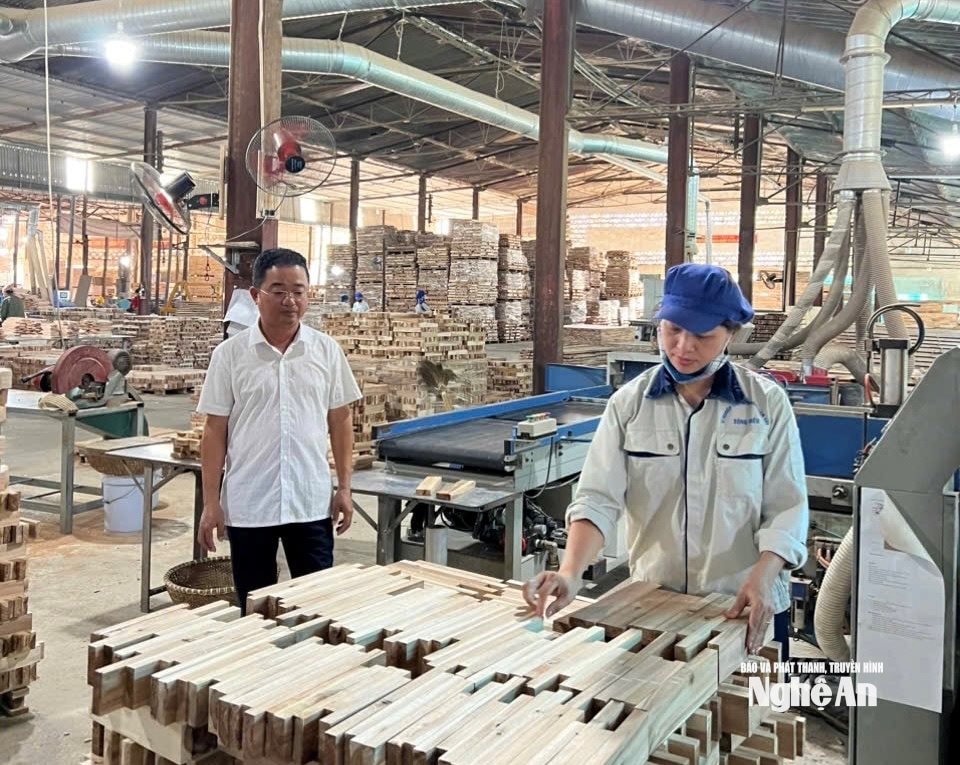
Meanwhile, wood and textile enterprises are implementing measures to reduce production costs, increase raw material self-sufficiency and invest in technology to improve profit margins. Since the beginning of the year, textile enterprises have completed at least 2/3 of their annual profit plans to prepare for risks from tariffs in the second half of the year. Companies are focusing on speeding up delivery, reducing prices and shifting to the EU and the UK to reduce dependence on the US.
The leader of Minh Anh Nghe An Garment Joint Stock Company said that in order to cope with the tax imposed by the US, we have been proactively sourcing raw materials from countries that enjoy trade incentives such as India and Bangladesh, and have market expansion strategies targeting the EU, Japan, and the Middle East. This not only helps businesses avoid the risk of depending on one market, but also makes better use of the free trade agreements that Vietnam is participating in. Therefore, this year we believe that we will still achieve the production plan, both in terms of revenue and output.
It can be said that businesses react quite flexibly and proactively to the new US tax rate.
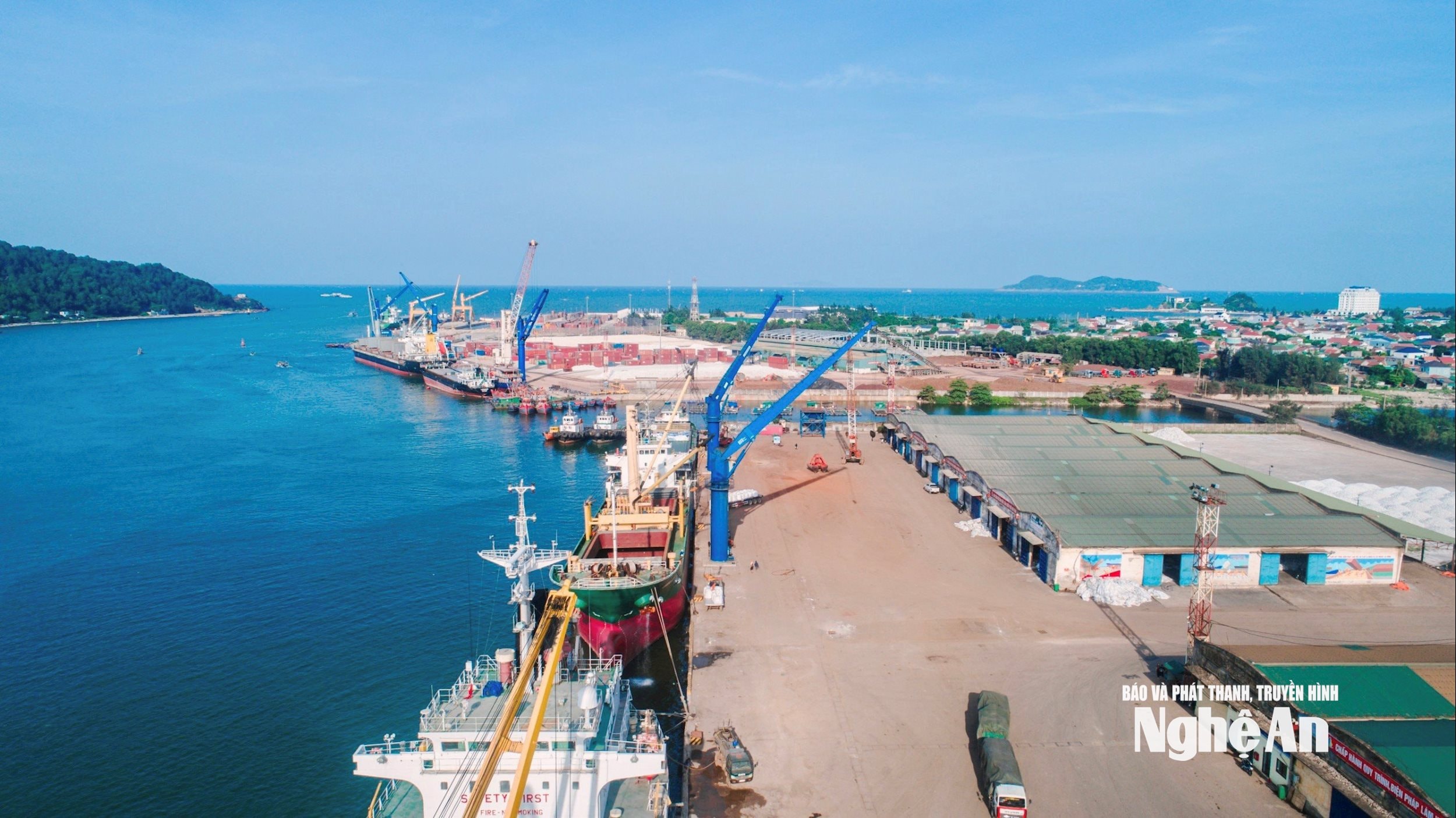
On the part of the state management agency, Mr. Pham Van Hoa - Director of the Department of Industry and Trade said that Nghe An province's export enterprises need to urgently review the entire product list and deeply analyze the level of impact. On that basis, promptly adjust the product structure, diversify the list, prioritize highly competitive products, high added value and less affected by tariffs. Strengthen control of product quality, make the origin transparent, strictly comply with regulations on goods origin (CO), and clearly trace the origin.
What is more necessary is that businesses need to proactively renegotiate contracts with import partners, negotiate in a substantive manner to adjust prices, share costs arising from tariffs, and avoid disruption or sharp reduction in orders.
At the same time, it is necessary to quickly take advantage of opportunities from new generation FTAs such as EVFTA and CPTPP to expand export markets to Europe, Japan and South Korea. These are markets with rich potential, more stable policies and less fluctuation in tariffs, which can help Vietnamese enterprises reduce the pressure of dependence on a single market.
Enterprises need to continue to promote technological innovation and self-sufficiency in raw materials, increasing the localization rate to over 50% in key industries. At the same time, focus on investing in green and clean supply chains, meeting ESG standards as well as promoting digital transformation in production and export.
Department of Industry and Trade leaders recommend
Source: https://baonghean.vn/doanh-nghiep-nghe-an-bien-ap-luc-thanh-dong-luc-khi-my-ap-thue-20-10303946.html



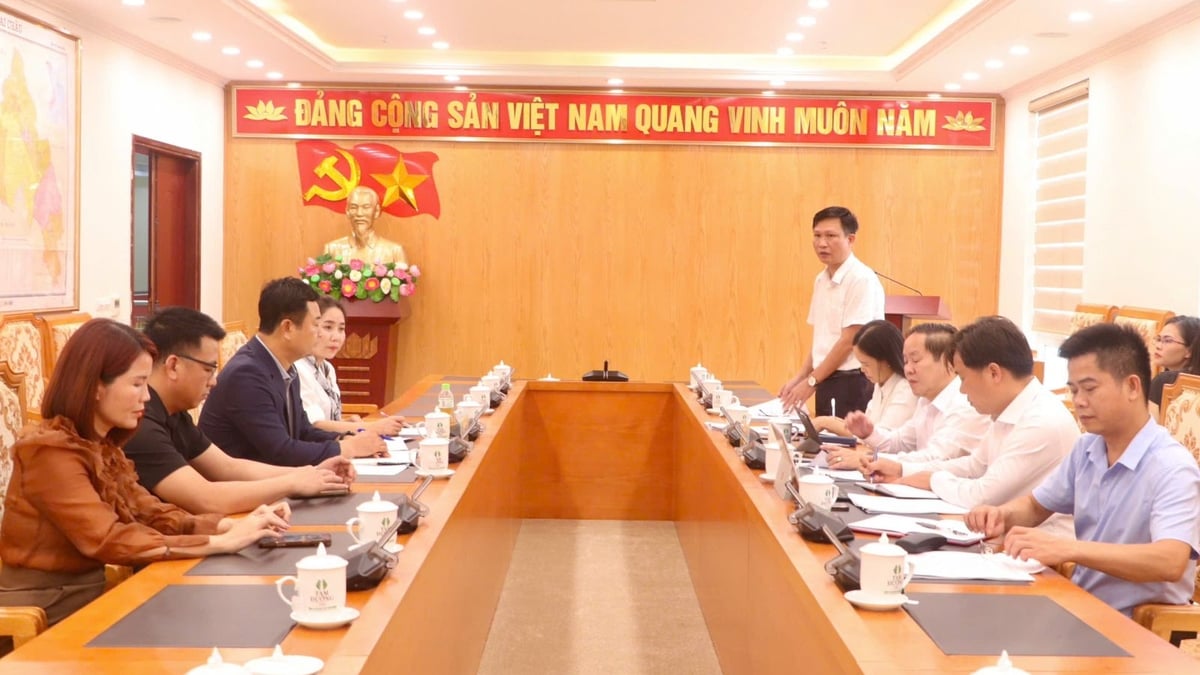
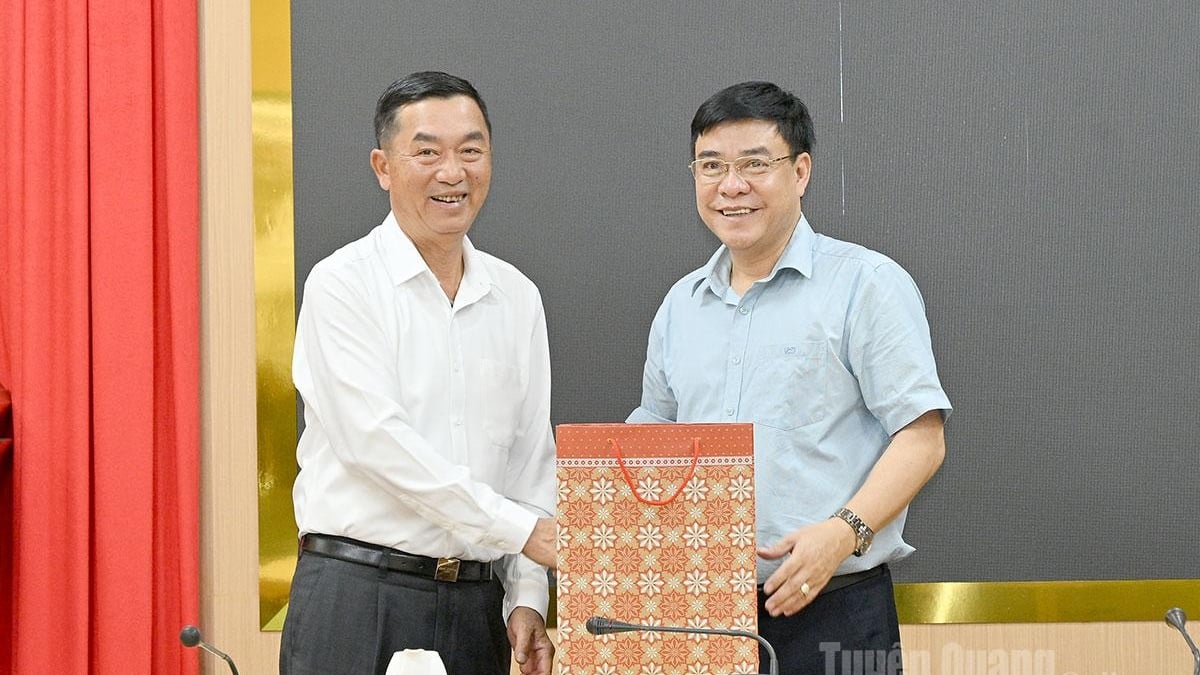
![[INFOGRAPHIC] Who is the former Brazilian President under house arrest?](https://vphoto.vietnam.vn/thumb/1200x675/vietnam/resource/IMAGE/2025/8/7/7f506dadfb2c455d88b877ed4fc27fbd)
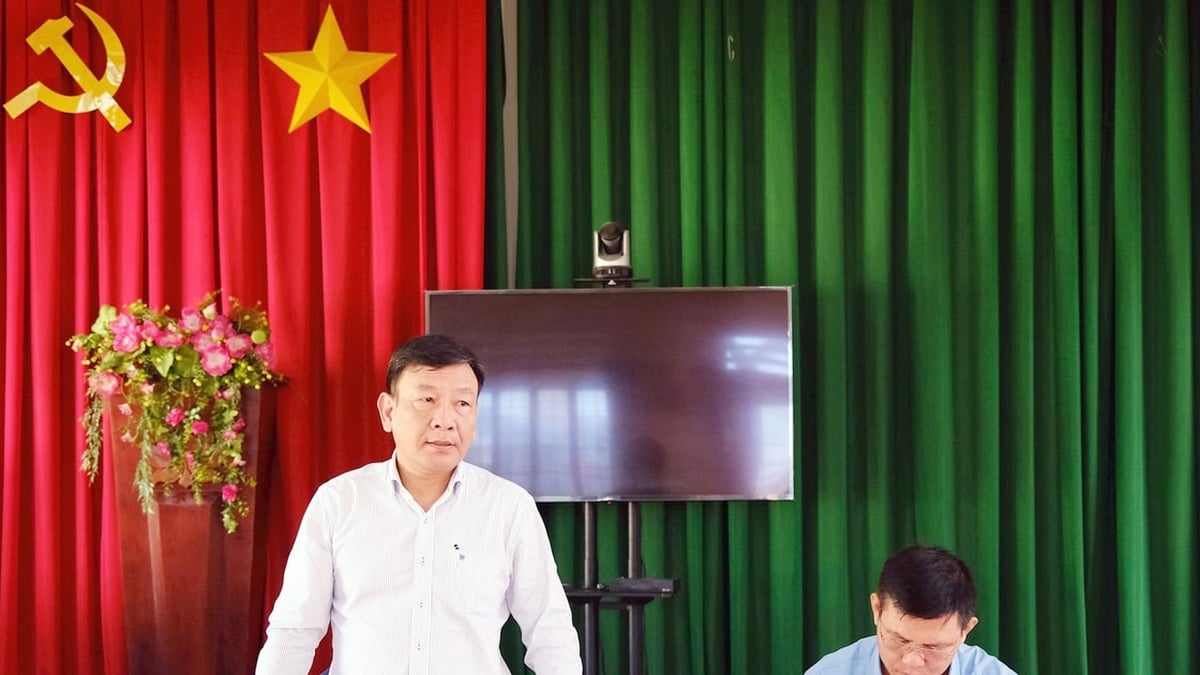
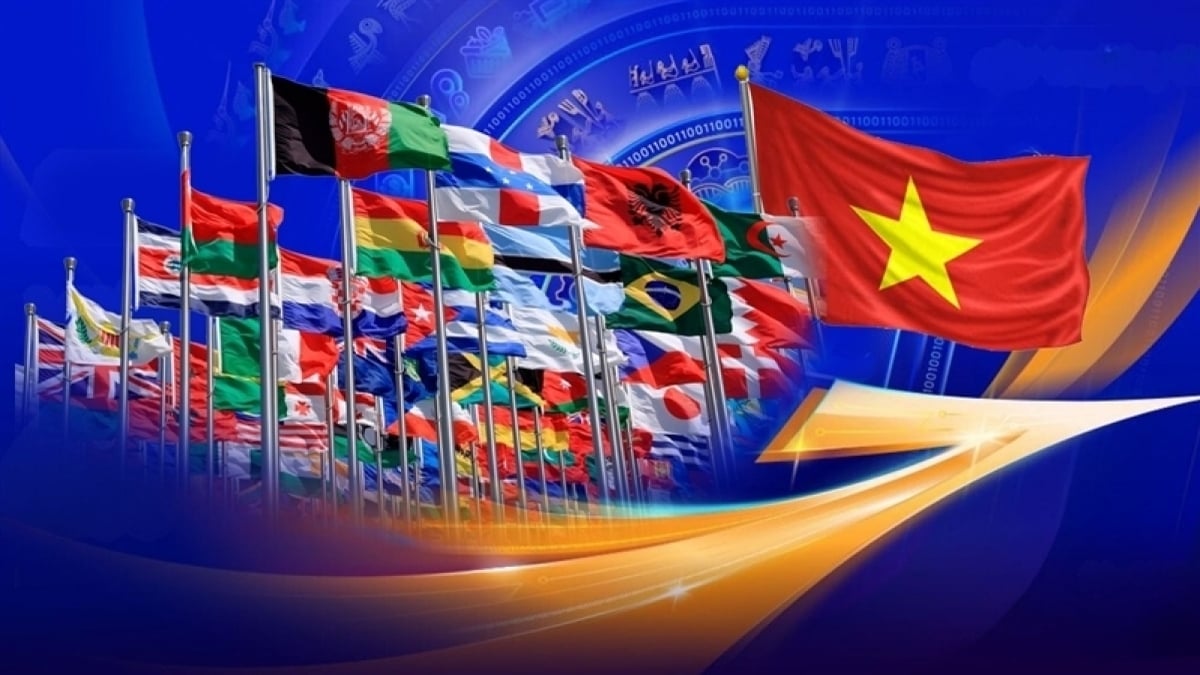

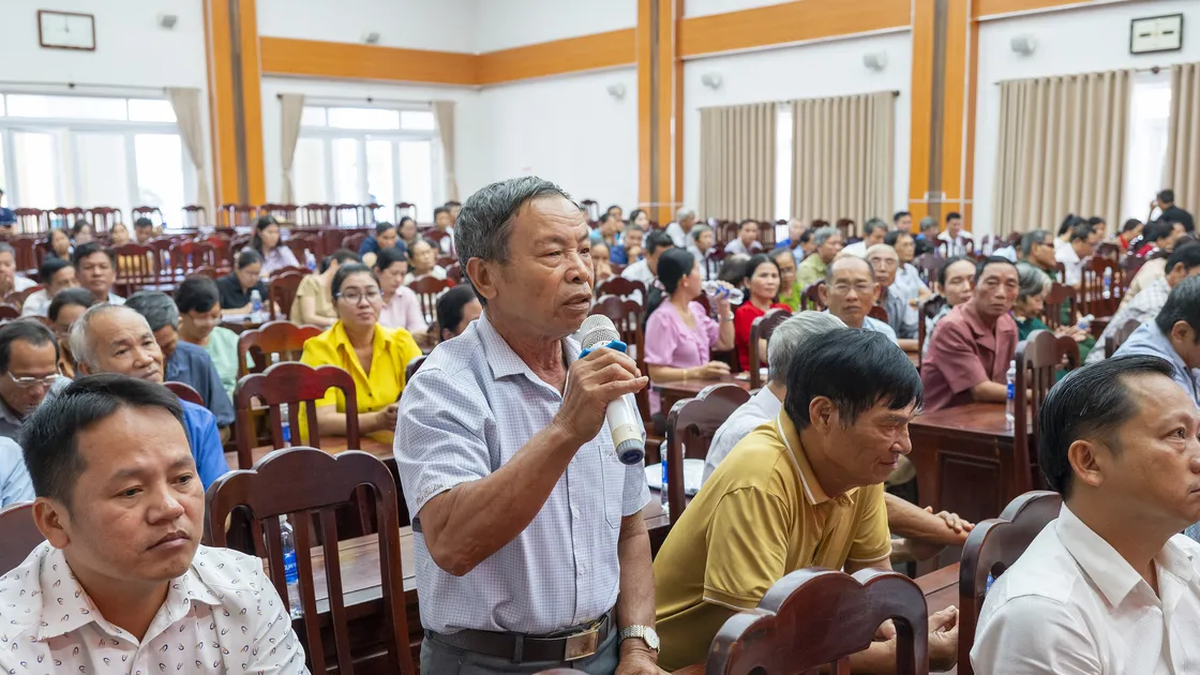
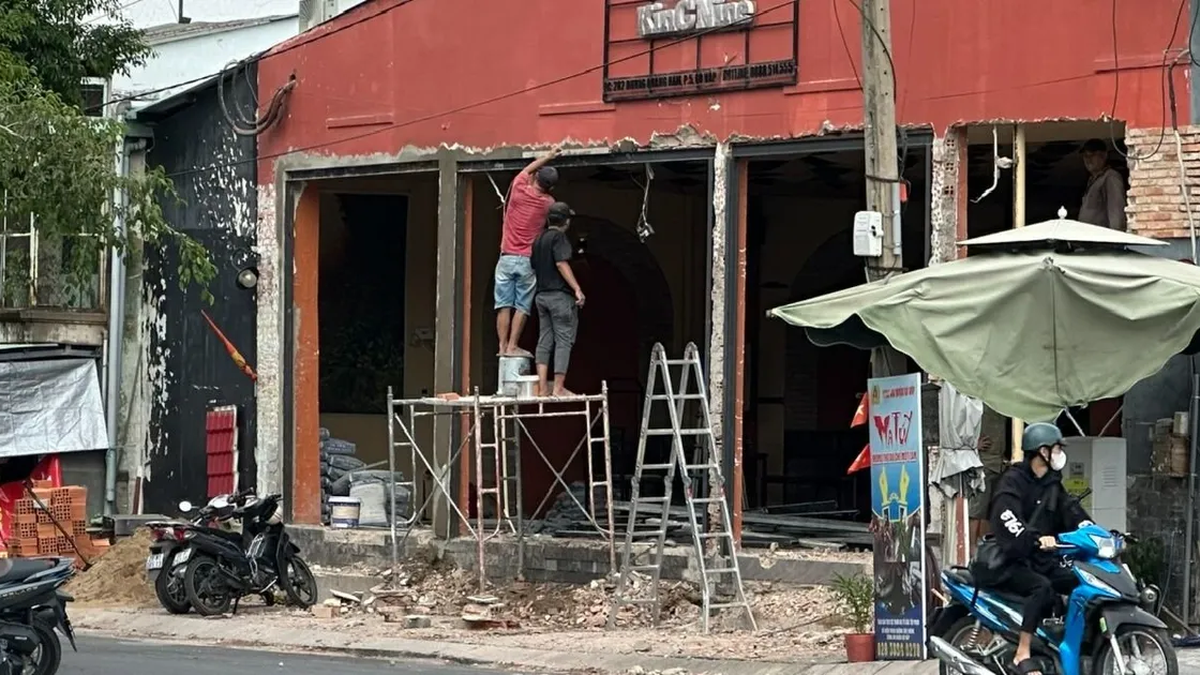
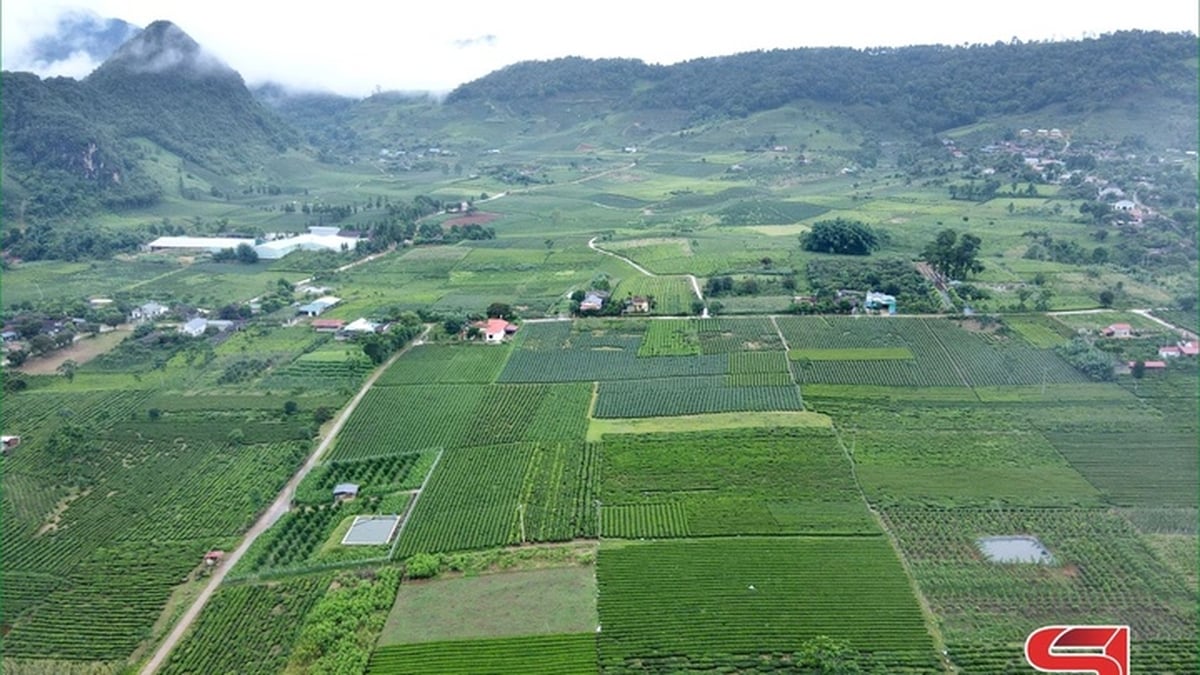










![[Photo] Nghe An: Provincial Road 543D seriously eroded due to floods](https://vphoto.vietnam.vn/thumb/1200x675/vietnam/resource/IMAGE/2025/8/5/5759d3837c26428799f6d929fa274493)


![[Photo] Discover the "wonder" under the sea of Gia Lai](https://vphoto.vietnam.vn/thumb/1200x675/vietnam/resource/IMAGE/2025/8/6/befd4a58bb1245419e86ebe353525f97)






































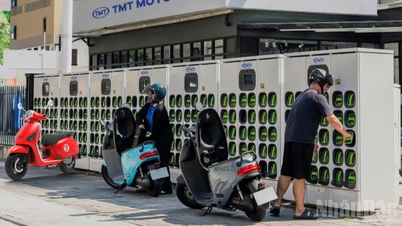
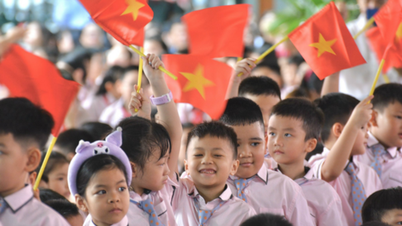



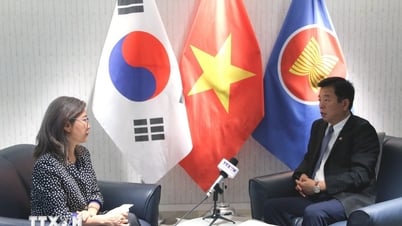
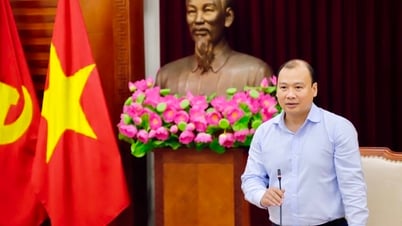


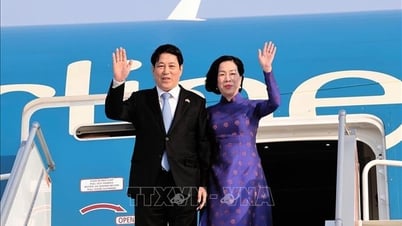

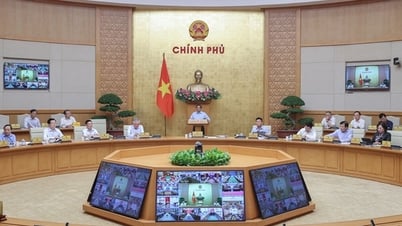


















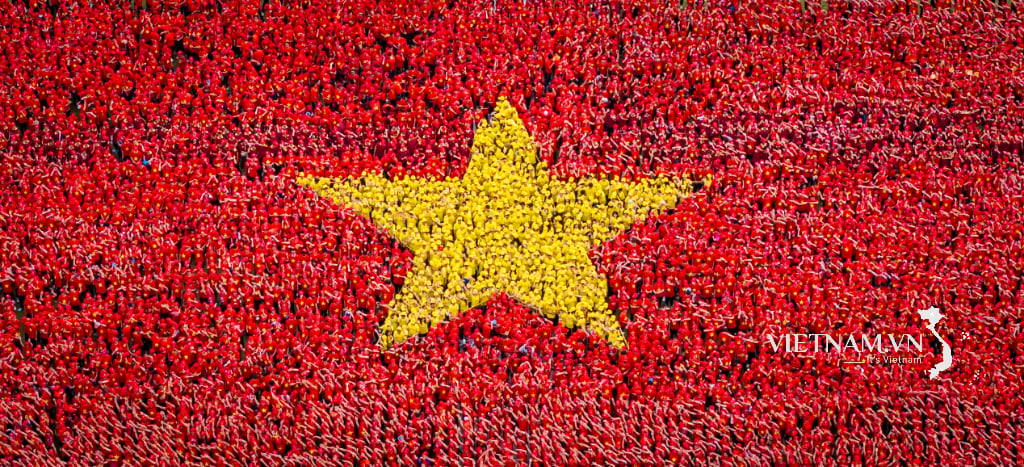

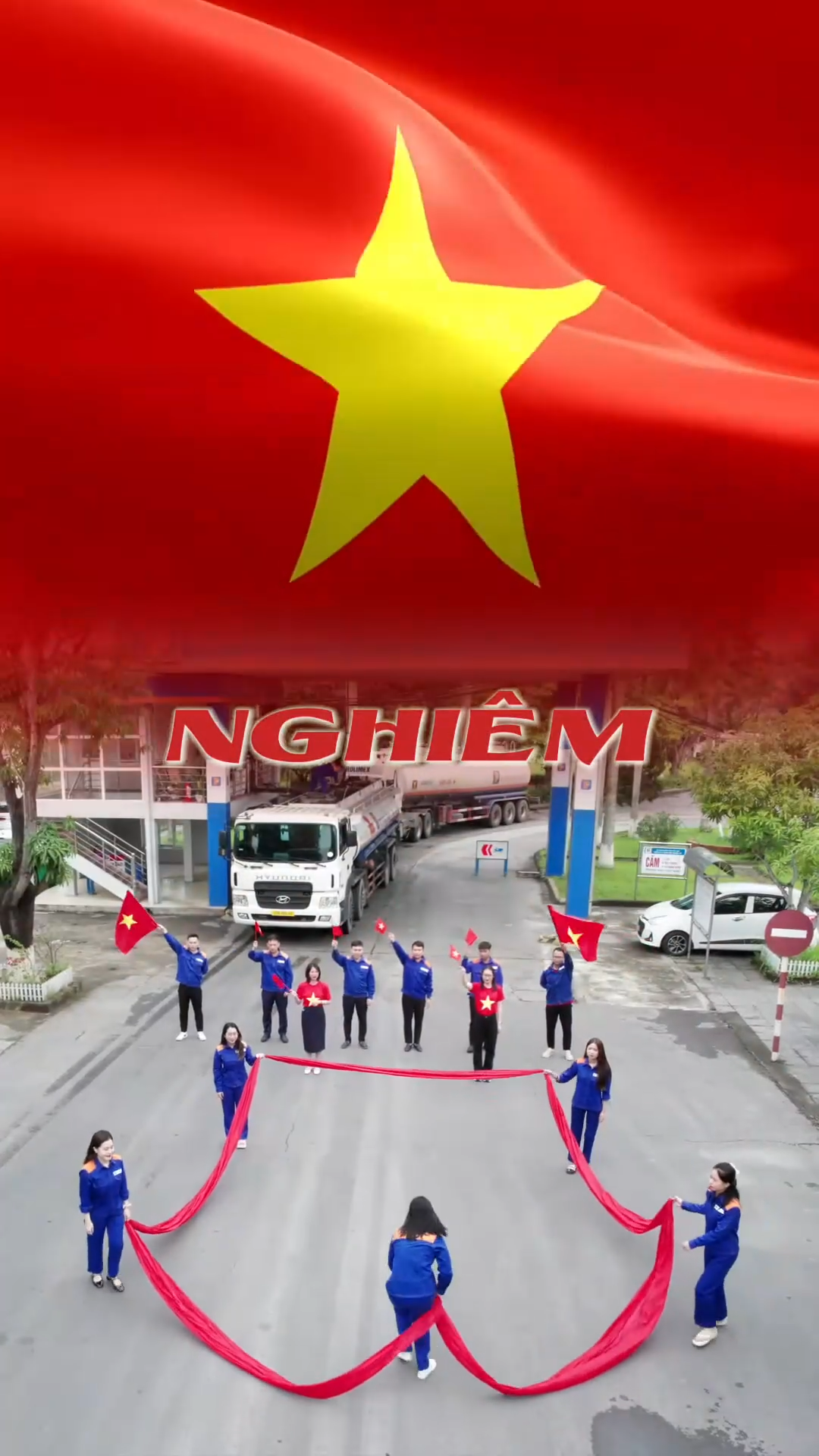

Comment (0)